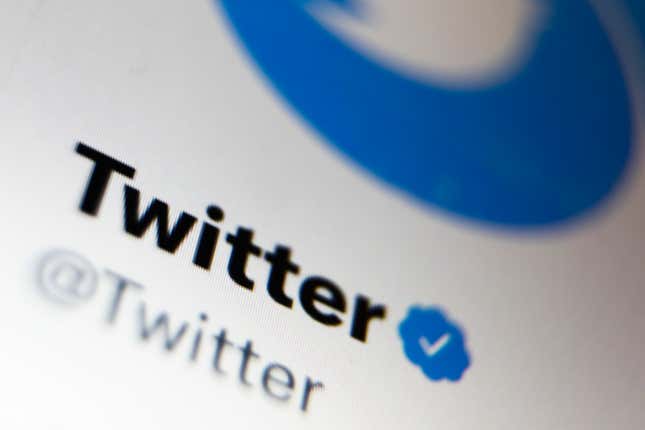
For the past seven months, over 200 million Nigerians were banned from the chaotic but informative social media hub known as Twitter. According to ABC News, the government has just lifted its ban after coming to an agreement with Twitter about meeting a few conditions.
The ban was put into place in early June in response to Twitter’s deletion of a tweet posted by Nigerian President Muhammadu Buhari, according to BBC. “Many of those misbehaving today are too young to be aware of the destruction and loss of lives that occurred during the Nigerian Civil War. Those of us in the fields for 30 months, who went through the war, will treat them in the language they understand,” read the Tweet. The post violated Twitter’s rules against posting content that is threatening or incites violence. After the Jan. 6 insurrection, Twitter wasn’t playing any games.
The Brookings Institute found many tweets mentioning ‘Nigeria’ during the summer had to do with the #EndSARS movement where people around the globe were spreading awareness on Nigeria’s police brutality conflicts and ways to help. However, most of the tweets were addressing a concern for the Twitter ban and calling out Buhari for infringing upon his citizens’ access to information or ability to share themselves. Through an American lens, this was an absolute freedom of expression violation.
Kashifu Inuwa Abdullahi said in a statement that the ban lift was an effort to rebuild Nigeria’s relationship with Twitter and that Twitter plans to appoint a designated country representative, reported ABC.
From ABC:
The lifting of the ban, though a good thing, offers little hope because “whether the government likes it or not, one thing they have actually done is that they have gagged Nigerians,” said Idayat Hassan, who leads the West Africa-focused Centre for Democracy and Development.
“They have violated the right to receive and impact information,” Hassan said, adding that the Nigerian government should instead prioritize “openness and effective information flow.”
There are no official estimates of the economic cost of Twitter’s shutdown in Africa’s most populous country since June 4 when it was announced, but NetBlocks, which estimates the cost of internet shutdowns worldwide, said Nigeria could be losing N103.1 million ($251,000) in every hour of the blockade.
A few virtual private networks were created as an alternative but ultimately the Nigerian government has plans to regulate all social media, according to ABC. Hassan told ABC the “weaponization of information to spread fake news” is high in Nigeria but regulating it can be counterproductive since information is both online and offline. Well, doesn’t this sound familiar.
America isn’t the only country dealing with a content circulation crisis. Whole networks are allowed to spew false information and label it ‘news’. Yet, thinking about the amount of information that circulates daily on Twitter (memes included), seven months of no content absorption is pretty intense. Unfortunately, ‘fake news’ is unavoidable. We can only hope people advocating for real news will help the greater population sift through the mud to find it.



